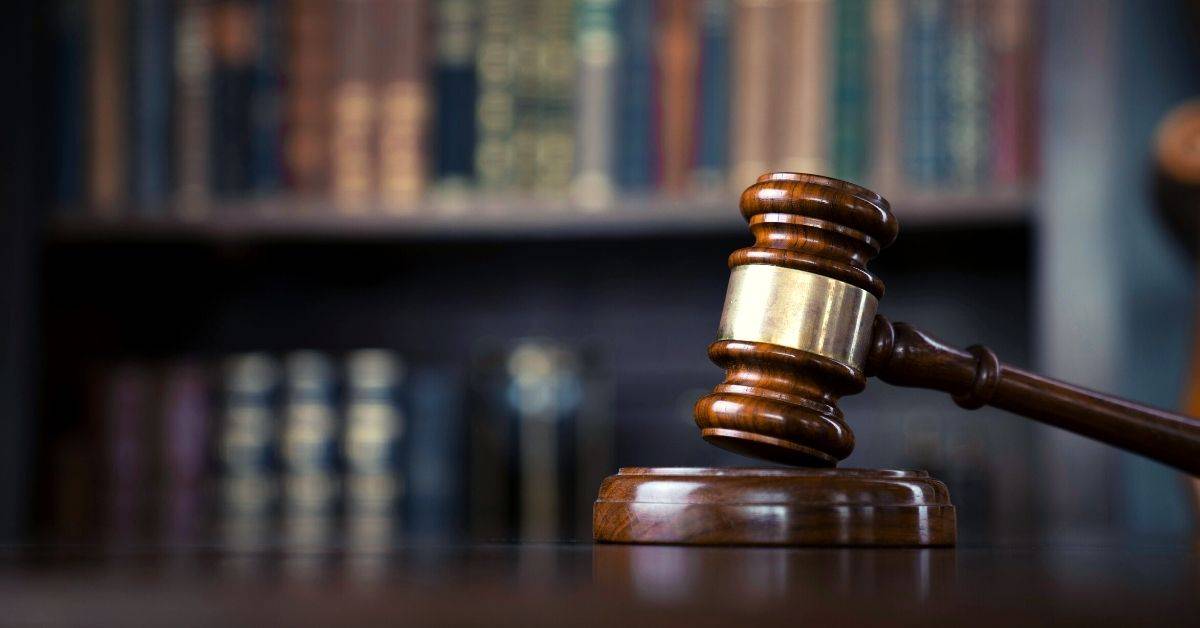
Collin County Assistant District Attorney Kimberly Laseter was the person handling a rather significant driving while intoxicated (DWI) case in another county involving a judge who had been arrested for DWI for the second time. The Herald Democrat reported on June 23, 2020, that Judge Bill Magers pleaded guilty to DWI second offense and was sentenced to 365 days in jail probated for 12 months.
As conditions of his probation, Magers was ordered to pay a $4,000 fine, do 200 hours of community service work at an organization like Mothers Against Drunk Driving (MADD) or Four Rivers Outreach, maintain an ignition interlock device on his vehicle, continue with outpatient DWI treatment that includes taking a monthly shot that helps curb alcohol cravings and inhibits intoxication, and take a repeat DWI class offered by the county. Judge Carol Siebman also sentenced Magers to serve some time in the county jail but did not address a specific amount of time.
Former District Attorney Bob Jarvis told the Herald Democrat that the amount of time in jail could range from three days to one year. In the county, a person is given three days in jail when their previous DWI offense before the one they are being sentenced for is more than five years old, but they are given five if the two offenses are less than five years apart.
Bill Magers was last convicted of DWI in 1995. When sentencing Magers, Siebman said the contributing factors in her giving him a sentence on the lower end of what was available to her was the fact that the two DWI charges at play in the case were so far apart.
As of his most recent arrest, the Herald Democrat reported that a Texas Department of Public Safety Trooper testified that he was in the parking lot of the Valero gas station in the 3700 block of U.S. Highway 765 at around 10 p.m. on February 19 when he heard what sounded like a vehicle crash. He saw the truck that he would later learn belonged to Magers had struck a light pole in the parking lot of the Schulman’s Movie Bowl Grille and the person driving that vehicle left Schulman’s and drove across the highway to another gas station.
The trooper followed and the truck stopped. The driver, who later identified himself as Bill Magers, got out of the truck and began looking around the back of the truck, which was odd because the truck had struck the light pole with the front end.
The trooper also testified that the driver smelled of alcohol, could not complete a sentence or thought out loud, and refused to do a standard field sobriety test. The trooper said Magers was never rude to him in any way, never took a “Do you know how I am?” kind of attitude, and simply said he had been told by an attorney to never agree to field sobriety tests.
The trooper said he did call a supervisor because that is what they are instructed to do when they interact with a high-profile person. A supervisor met them at the local hospital where Mager’s blood was drawn for a blood alcohol test and the results showed Magers’ blood alcohol that night was 3.5 times the legal limit.
On the stand, Magers said he vowed to stop drinking. The day after his February arrest, Magers issued a public statement apologizing for his actions and vowing to deal with his problem with alcohol because he wanted the people around him and the public to help him hold himself accountable to that promise.
Magers said he hasn’t had a drink since that day and he has not had one failed screening for alcohol consumption. Magers said he actually had two arrests for alcohol-related offenses within months of each other in 1995, but one was pled down to a lesser charge which was the usual practice in the county at the time. With the second one, he was sentenced to 24 months probation.
Magers said that after his youngest child aged out of peewee sports, “I had time on my hands,” he said, and that he soon found a happy hour to be a social activity that he enjoyed. After a second should surgery, he was in constant pain and drank to help with that.
On February 19, Magers said he had been to several events and didn’t realize that the nine beers and one margarita he consumed that night had left him intoxicated to the point that he was over 3 times the legal limit. He testified he was texting his wife when he hit the pole in the Schulmann’s parking lot.
The Impact of Multiple DWI Convictions
One DWI charge is frightening enough, but multiple DWI convictions can cause a tremendous amount of additional fear in most people because the prospects for a lengthy jail or prison sentence can be dramatically increased in some cases. As the above case involving a local judge demonstrates, the amount of time between convictions can be used to help a person possibly avoid imprisonment in certain circumstances.
The case of Bill Magers involved an alleged offender who was last convicted of DWI 25 years ago, which is a considerable amount of time between convictions that demonstrates that they have not had any problems with alcohol impacting driving over the course of decades. When a person has only a few years or even months since their last conviction, the court will generally take a view that punishments need to be enhanced to send a message.
The bottom line with DWI offenses is that a first offense is usually a Class B misdemeanor that could be punishable by up to 180 days in jail. If an alleged offender drove drunk with a passenger under 15 years of age, then the crime becomes a state jail felony punishable by up to two years in state jail.
A second DWI is immediately classified as a Class A misdemeanor, which carries a minimum statutory term of 30 days up to one year in jail. Third or subsequent DWI arrests are third-degree felony offenses, and these carry terms of imprisonment that may be as much as 10 years as well as fines that could reach $10,000.
If you have been arrested for a repeat DWI offense anywhere in Texas, you will need to find yourself qualified legal representation as soon as possible because a lawyer is going to be able to use the time between your arrests to your advantage and help you avoid the stiffest of punishments. You will need a lawyer who understands all possible defenses to DWI and is capable of fighting to help you achieve the most favorable possible outcome.
While several years between arrests can end up being a mitigating factor in some of these cases, the case of Bill Magers also demonstrates the incredible impact that taking steps toward recovery can have for people who are very likely to be presumed as having alcohol problems. You will do yourself a large favor in court by being able to say that you are just attempting to try and correct these kinds of issues.
Find a Collin County DWI Attorney | Law Offices of Richard C. McConathy
If you were arrested for a repeat DWI offense anywhere in the greater Collin County area, you should not delay in seeking legal counsel for an aggressive defense against these charges. The Law Offices of Richard C. McConathy regularly handles DWI cases all over North Texas and will be able to help you take the steps needed to protect your freedom and minimize damage to your future.
You cannot expect any mercy from a prosecutor handling multiple DWI charges, so make sure that you have somebody on your side. Call our firm today at (469) 304-3422 or contact us online to schedule a free consultation that will let us review your case and discuss all of the options available to you.


